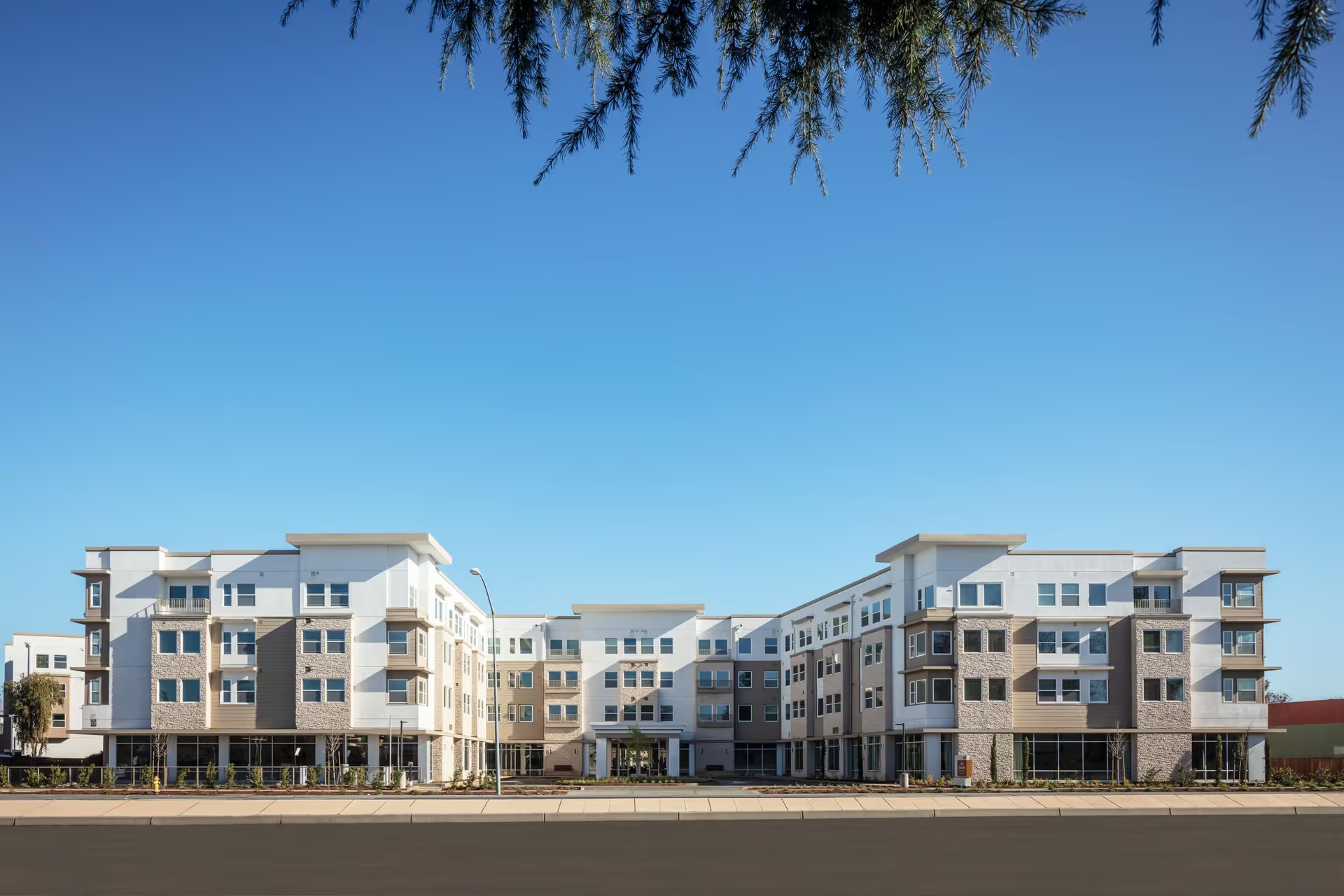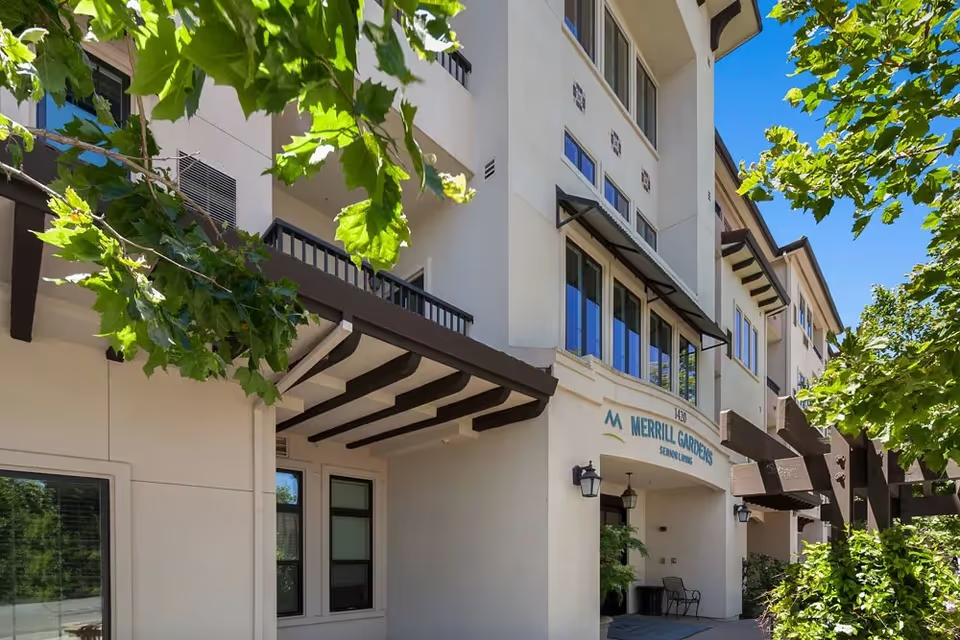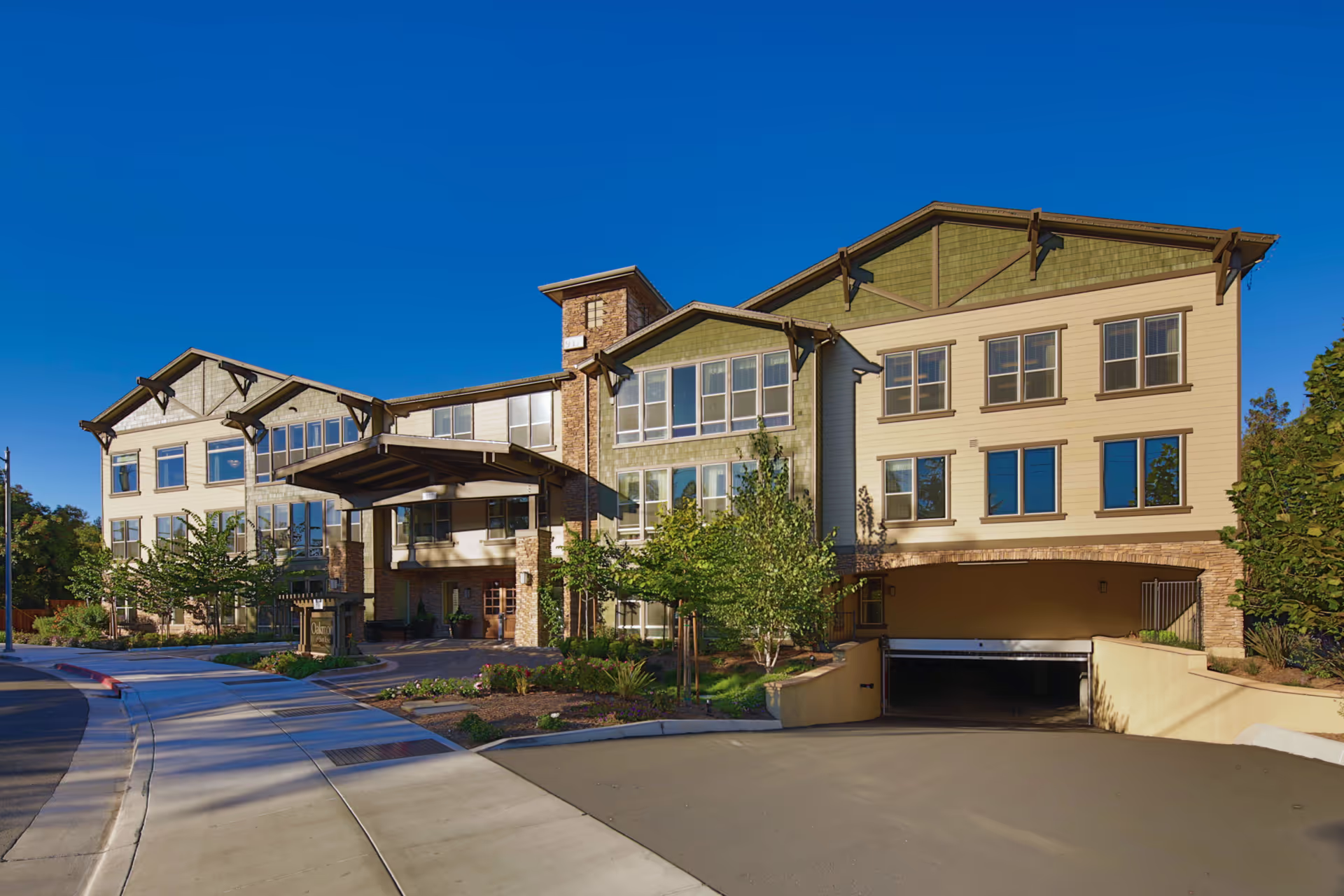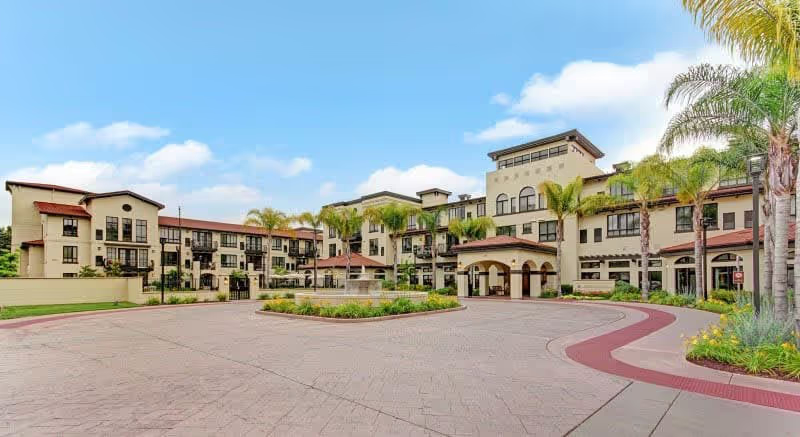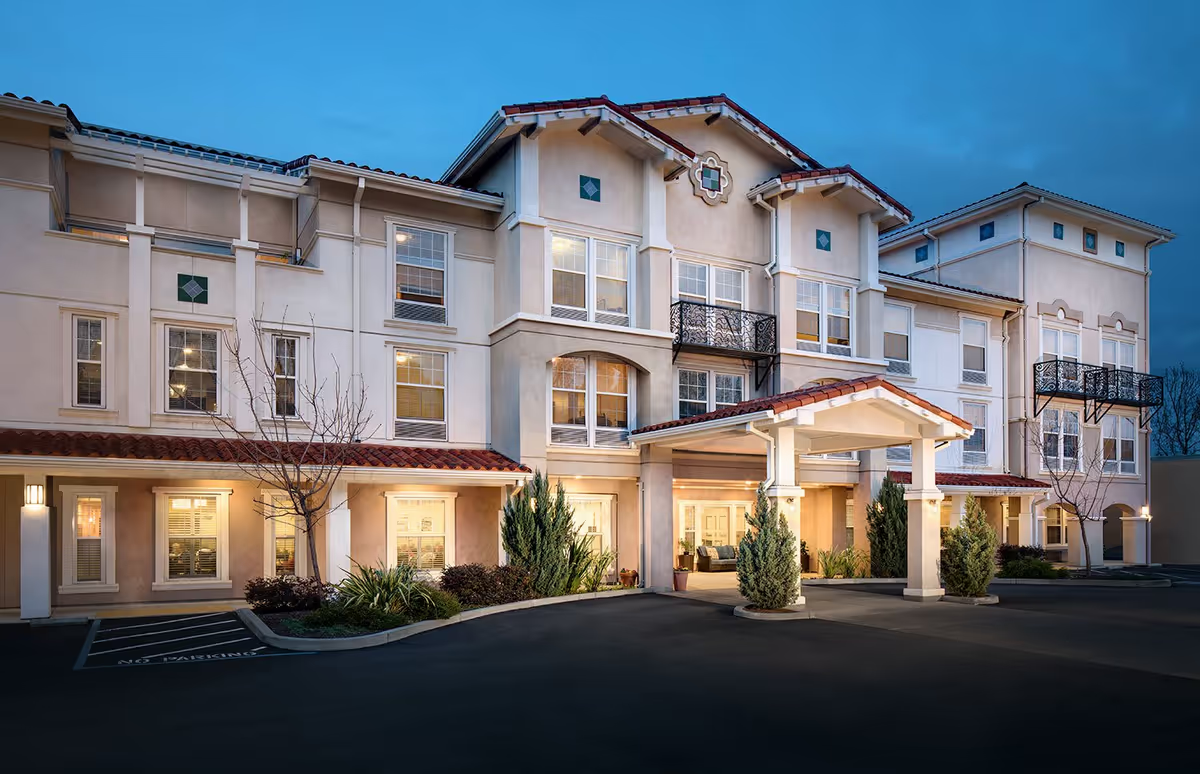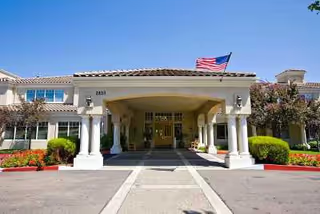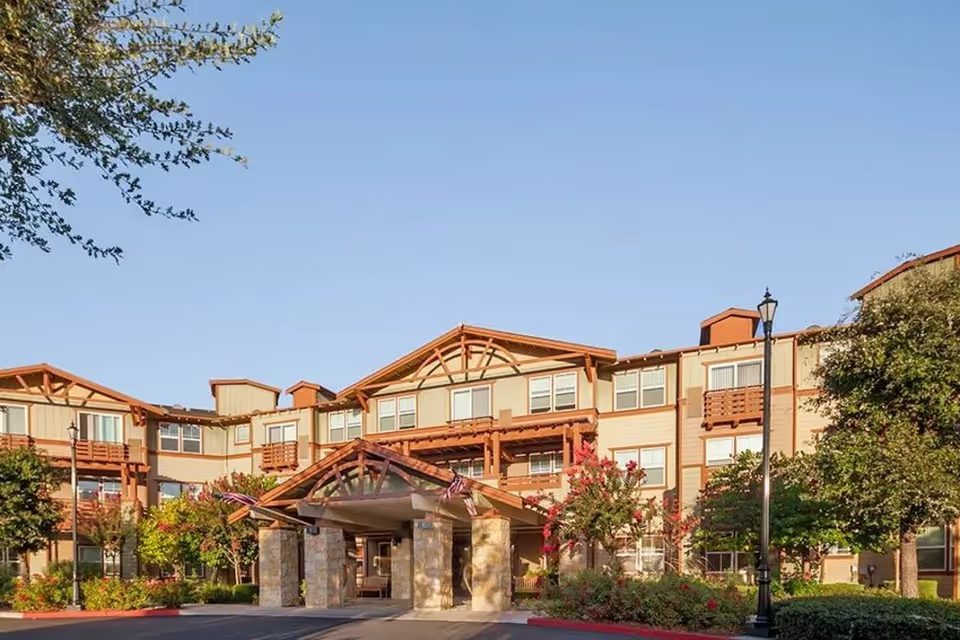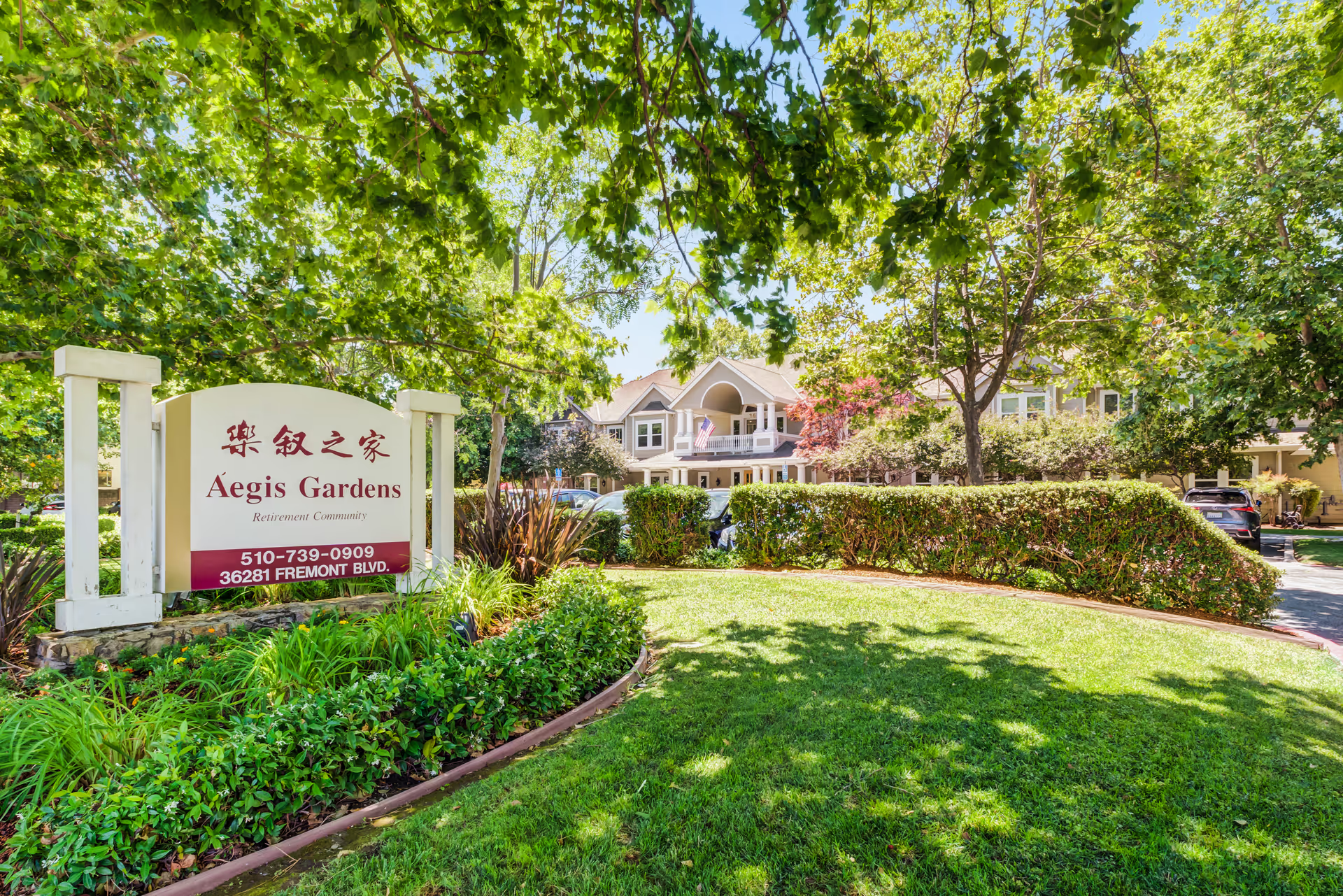Overall sentiment for Ivy Park at San Jose is mixed but leans positive: a large number of reviews highlight a clean, well-maintained community with friendly, caring staff and many on-site amenities. Common strengths include roomy apartment layouts (studios through two-bedrooms), a robust set of communal spaces (library, movie room, salon, gym), accessible outdoor areas, physical therapy/exercise rooms, and convenience features like laundry, Wi‑Fi, coffee/snacks and transportation. Many families praise the dining program and chef-driven meals, describing restaurant-style service, varied menus, and high-quality food. Multiple reviewers also emphasize strong, personalized attention from staff, proactive communication by managers, positive move-in experiences, and the community’s ability to scale care from independent living through memory care and hospice.
Care quality receives both strong praise and sharp criticism. On the positive side, reviewers frequently note compassionate caregivers, attentive nurses and aides, good medication management, and timely health updates. Several families report smooth memory-care transitions, thoughtful end-of-life care references, and an involved administration with long-tenured employees. Conversely, a recurring and significant theme is understaffing and inconsistent responsiveness: multiple reports describe slow response times to call lights (often 30–40 minutes or more), caregivers stretched thin, and high turnover leading to service gaps. There are also troubling isolated reports of poor dementia supervision and even safety incidents (resident altercations requiring police involvement), which contrast sharply with other accounts of well-managed memory-care units. This contrast suggests variability in staffing levels, supervision, and the resident experience depending on timing, unit, or staff on duty.
Dining and food are frequent points of divergence. Many reviewers love the meals, praising the chef, variety, and restaurant-style dining; others describe a decline in quality under new ownership, limited variety, poor ingredients, and operational issues such as missed meals for isolated residents and shortages of basic dining items. Housekeeping and maintenance likewise show mixed impressions: many call the community very clean with fresh bathrooms and pleasant smelling food, while others report specific problems (stained carpets in a memory-care room, water-quality concerns, delayed light-bulb replacements) indicating inconsistent upkeep in certain areas.
Activities and social life are generally described as strengths — the calendar commonly includes bingo, puzzles, group exercise, movies, excursions and trips — and many residents appear active and happy. However, some families find activities not well matched to their loved ones’ interests, or note reduced programming and staff changes affecting activity quality. Location and transportation are also mixed: some appreciate proximity to home and nearby churches or nature preserves, while others find the community isolated or far from doctors, with shuttle/transportation that is limited in frequency.
Management and operations show a pattern of variability. Numerous reviews praise welcoming tours, proactive transition coordinators, good front-line communication, and hands-on executive directors. At the same time, there are several reports of dismissive administrators, rude front-desk interactions, poor supervision in critical cases, and instability following ownership changes. Price and value also receive mixed comments: many reviewers find the pricing favorable relative to comparable communities and appreciate transparent move-in experiences, whereas others report unclear fees, deposit concerns, and ‘‘nickel-and-dime’’ limitations around included services.
In summary, Ivy Park at San Jose appears to offer many of the amenities, living-space features, and staff qualities families seek: cleanliness, a strong activity calendar, attractive communal areas, and a number of caring employees who provide personalized service. At the same time, reviewers consistently flag operational weaknesses that can materially affect resident safety and well-being — chiefly understaffing, inconsistent memory-care supervision, variable dining quality, maintenance lapses in some areas, and uneven management responsiveness. These patterns indicate that experiences can vary widely between individual residents and over time. Prospective residents and families should focus visits and conversations on current staffing levels and ratios, memory-care staffing and incident history, dining policies for isolated residents, medication administration processes and timing, maintenance routines, and fee transparency to verify that the community’s strengths are consistently in place for their specific needs.
